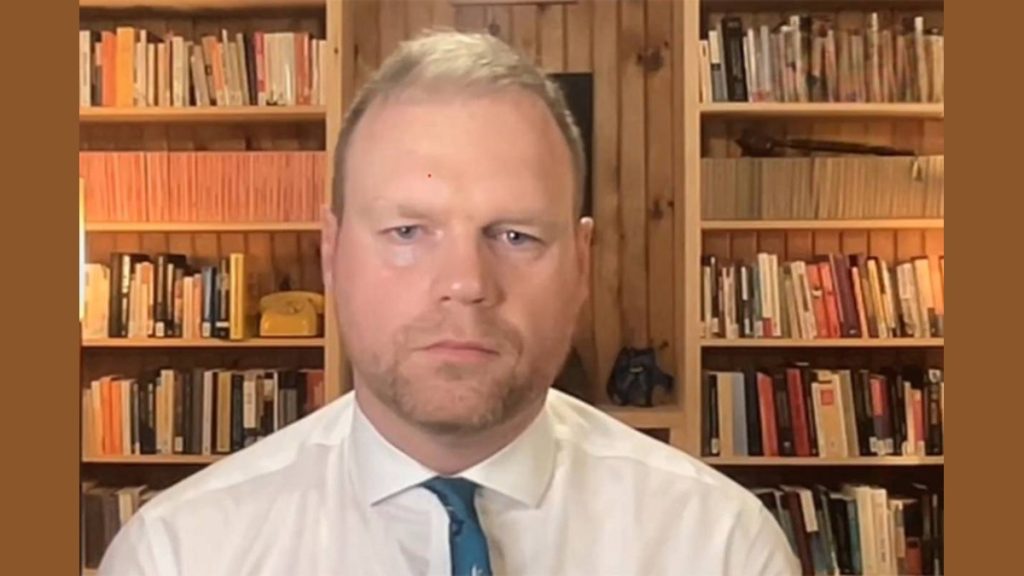Independent foreign policy analyst Edward Price has sharply criticised US President Donald Trump’s handling of relations with India, arguing that tariff threats risk damaging what he calls “the most crucial partnership of the 21st century.”
In an exclusive conversation with ANI, Price — an adjunct professor at New York University — said Trump’s approach reflects “no understanding of economics or statecraft.” His remarks come after Trump highlighted India’s tariffs on US companies, even while claiming Washington “gets along very well” with New Delhi.
Price noted that India, as a developing economy, is entitled under international trade norms to impose higher tariffs than developed nations. He warned that Trump’s punitive measures may have strategic consequences.
“Instead of drawing India closer, he may be pushing it toward Russia and China,” Price said, pointing to recent trilateral optics involving Prime Minister Narendra Modi, Chinese President Xi Jinping, and Russian President Vladimir Putin. He added, however, that India’s outreach appears tactical rather than permanent, in line with its historic non-alignment policy.
“Modi is playing his cards smartly,” Price explained. “He is reminding Washington that India has alternatives and won’t permanently choose sides.”
On allegations raised by former US National Security Advisor Jake Sullivan that Trump’s business interests may have influenced his Pakistan policy, Price acknowledged concerns about presidential financial entanglements. He described such arrangements — including Trump’s cryptocurrency ventures — as “a departure from the norm,” though he cautioned against Sullivan’s partisanship.
He also dismissed Trump ally Peter Navarro’s claim that the Ukraine conflict was “Modi’s war,” calling it “strange rhetoric” and clarifying that “it is Putin’s war, not Modi’s.”
Emphasising India’s central role in global geopolitics, Price argued that its stance could “decide the outcome of 21st-century great power competition.” He urged Washington to reconsider its approach, suggesting two immediate steps: scrap the proposed 50% tariffs on India and replace them with zero tariffs, coupled with a formal apology.
“I cannot understand why, in a confrontation with China and a war with Russia, the US president would impose 50% tariffs on India,” Price concluded.
His assessment reflects growing unease among policy experts that escalating US-India trade tensions could jeopardise wider strategic cooperation between the two democracies.
